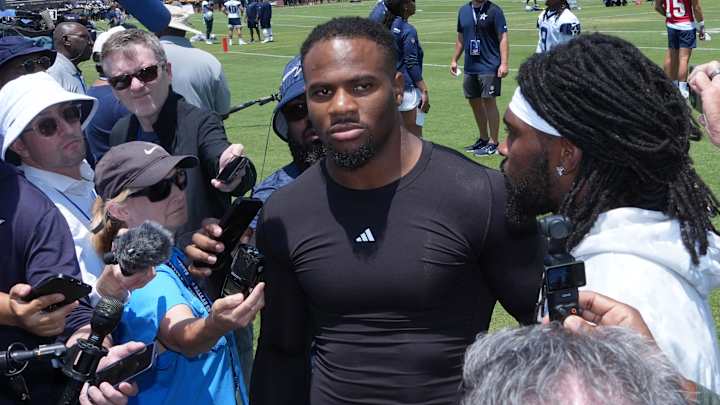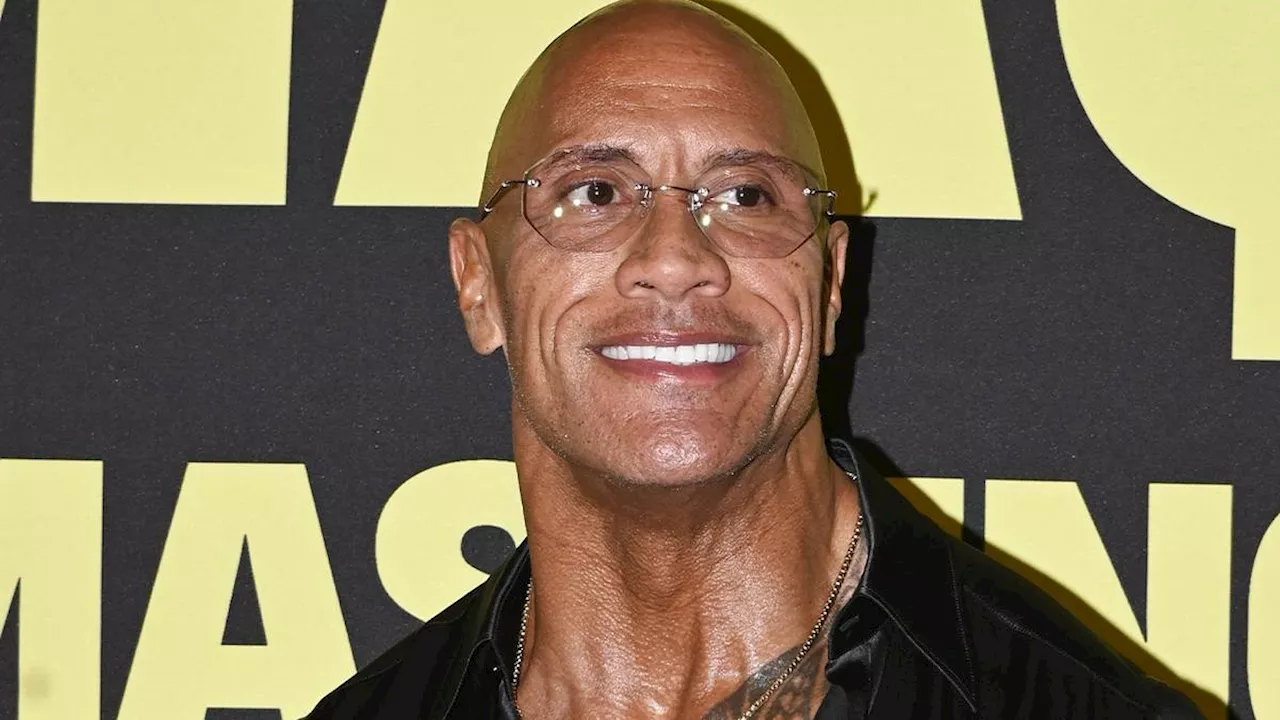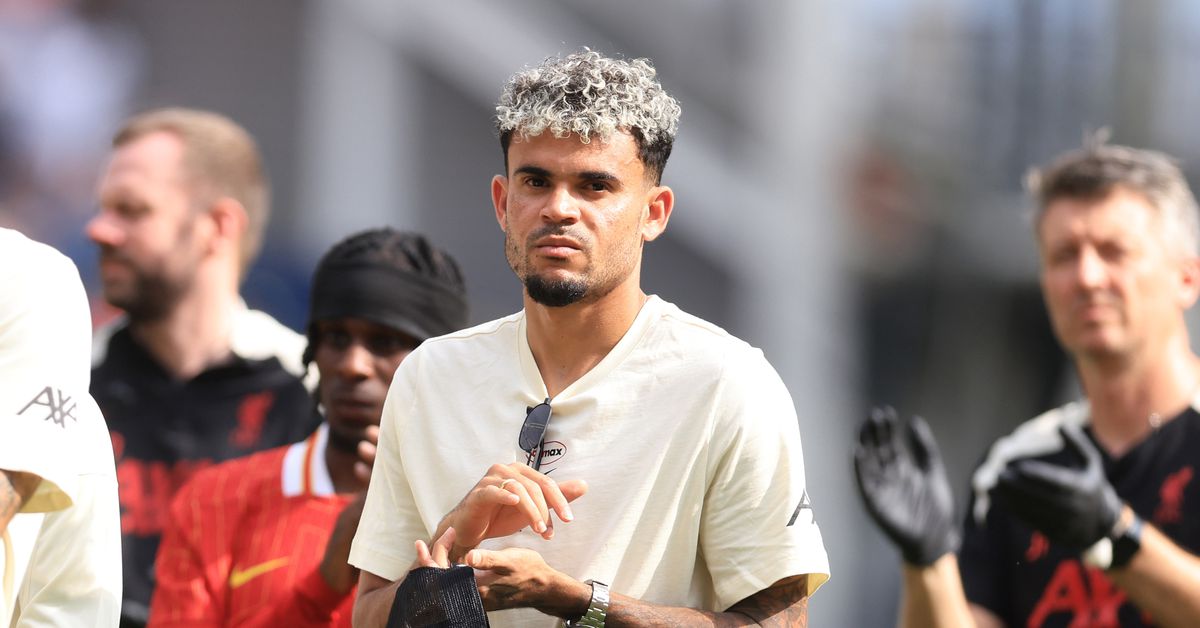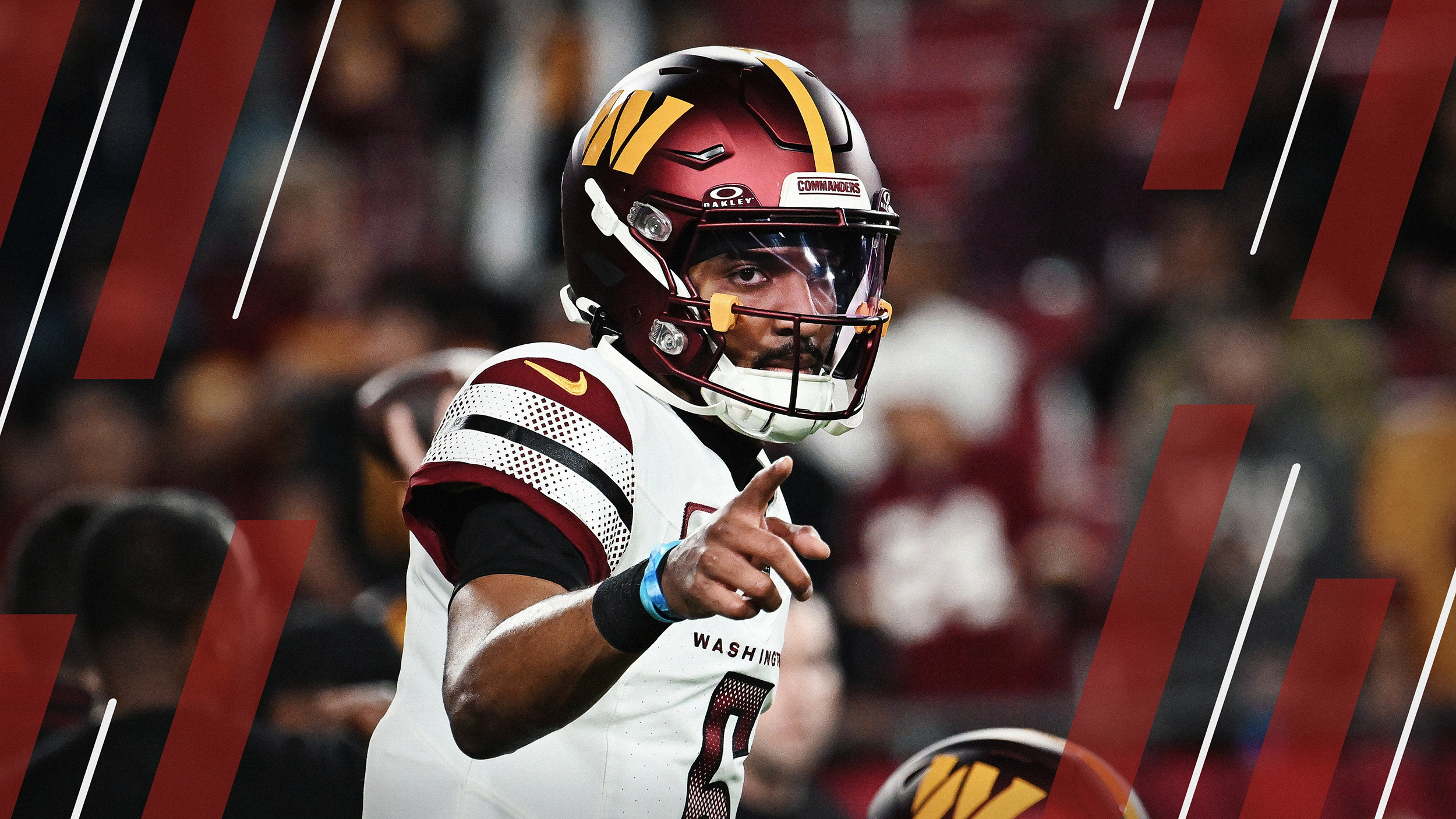Micah Parsons Requests Trade as Dallas Cowboys Face Tensions

Micah Parsons, the standout linebacker for the Dallas Cowboys, has formally requested a trade, escalating tensions between him and the team’s ownership. This development raises questions about the future of an athlete who has quickly gained recognition as one of the NFL’s premier talents. According to a report from The Athletic on March 15, 2024, Parsons’s request comes amid ongoing frustrations regarding contract negotiations and the team’s approach to securing his services.
The Cowboys, led by owner Jerry Jones, have a history of navigating player negotiations, often marked by a series of high-stakes theatrics. In the past, Jones has successfully managed to retain star players, even in times of discord. However, Parsons’s trade request signals a shift in the dynamic, with a player actively challenging the traditional negotiation tactics that have characterized the Cowboys for decades.
Parsons’s request follows a period of dissatisfaction regarding the lack of progress in contract discussions. He publicly expressed his concerns on social media, highlighting what he perceives as a lack of respect from the organization. The linebacker is in line for a significant contract, and the ongoing uncertainty over his future could impact not only the team but also his career trajectory.
Historical Context of Cowboys Negotiations
Historically, Jones has faced similar situations with other prominent players. For instance, when Emmitt Smith held out in 1993, the Cowboys struggled in early games, leading to Smith eventually becoming the highest-paid running back in NFL history. This precedent indicates that while negotiations can become contentious, they often conclude with the player receiving a lucrative deal.
Parsons’s timing is crucial. The Cowboys have experienced a lack of playoff success in recent years, which has led to increased scrutiny of Jones’s leadership. With a fan base increasingly vocal about their dissatisfaction, Parsons’s move could shift the narrative surrounding player empowerment and negotiation strategies within the franchise.
In a notable display of solidarity, teammate CeeDee Lamb voiced his support for Parsons, urging the organization to compensate him fairly. Lamb’s comments reflect a growing sentiment among players who are tired of what they perceive as outdated negotiation tactics employed by Jones.
The Future of Parsons and the Cowboys
Parsons is not merely a product of the Cowboys’ system; he has established himself as a brand capable of influencing negotiations. His request for a trade indicates a departure from the conventional expectations of loyalty and compliance often associated with NFL players. As he seeks a market-altering contract, Parsons is challenging the organization to adapt to a new era in player relations.
The implications of this trade request extend beyond Parsons himself. The Cowboys must now navigate a complex landscape of public relations, player morale, and financial considerations. With the NFL’s competitive landscape evolving, the franchise may need to reassess its approach to talent management and contract negotiations.
As the situation unfolds, it remains to be seen how Jones will respond to Parsons’s demands. Historically, Jones has shown a reluctance to allow player negotiations to devolve into public disputes. However, with Parsons taking a stand, there may be an opportunity for a new chapter in the Cowboys’ approach to player contracts.
Ultimately, this situation highlights a broader trend within professional sports, where athletes are increasingly assertive in their demands for fair compensation. Parsons’s trade request could not only reshape his future but also influence the landscape of player negotiations across the league. As the Cowboys confront the realities of modern sports management, the outcome of this standoff may set a new precedent for how franchises engage with their star players.






